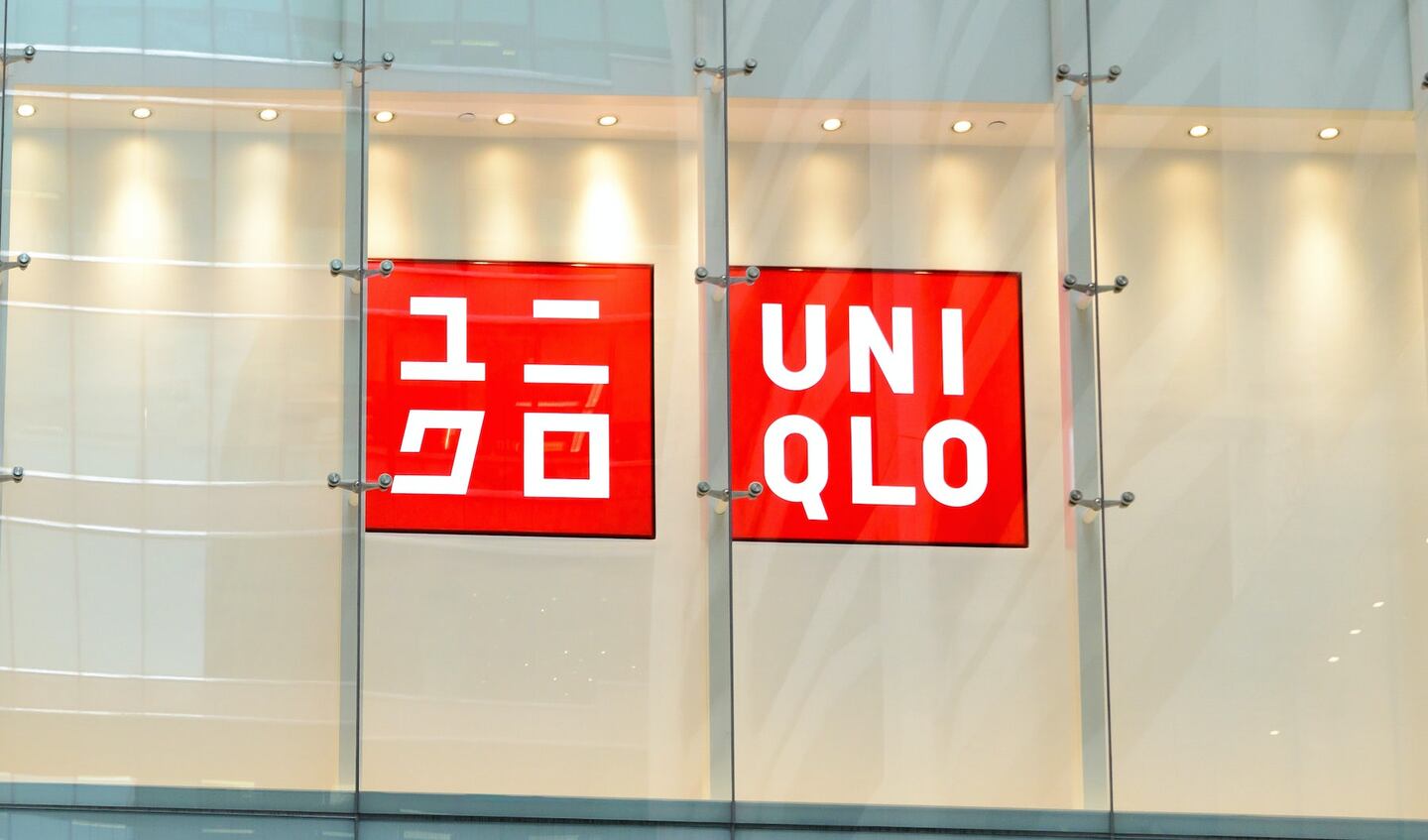
The Business of Fashion
Agenda-setting intelligence, analysis and advice for the global fashion community.

Agenda-setting intelligence, analysis and advice for the global fashion community.

TOKYO, Japan — When Japan's cheap-and-cheerful clothing brand Uniqlo raised its prices in 2014, it was an endorsement of Prime Minister Shinzo Abe's efforts to stimulate a lacklustre economy: with confidence high, even purveyors of affordable jumpers became price setters.
But as Abe's expansionary policies struggle to rekindle growth, Uniqlo has reversed those rises, lowering prices last year and stepping up discounts again in the first two months of this year.
The brand's owner, Fast Retailing Co Ltd, now illustrates a bleaker picture of a corporate sector squeezed by sticky overhead costs, cooling consumer enthusiasm and lower prices.
"Things aren't looking good — they're rather bad," Tadashi Yanai, the group's charismatic chief executive officer told reporters after the retailer reported quarterly earnings on Thursday.
ADVERTISEMENT
A stunning move by the Bank of Japan to introduce negative interest rates in January to try to get companies and consumers spending again has yet to boost sales, stock prices or arrest an unwelcome rise in the yen.
Japan's economy shrank in October-December on weak exports and lacklustre consumption, and some analysts expect it to have contracted again in the first quarter of this year, pushing the country back into recession.
Like Japan's restaurant chains and rival retailers, Fast Retailing is struggling to drive more consumers to its tills, as the same consumers who buoyed Louis Vuitton sales during the boom years now rifle through its racks for discounts on down jackets. A rare bright spot was GU, its value brand.
"If wage increases were on the horizon, consumers would be able to accept some price increases. But wages aren't going up, so there's a strong propensity to save," said Yoshiki Shinke, chief economist at Dai-ichi Life Research Institute.
Cuts Outlook
Yanai, whose group is Japan's largest clothing retailer and has made him the country's wealthiest man, still has plans to make it one of the world's biggest brands.
The group has made a major push overseas.
The chief executive officer, who also presides over brands including Comptoir des Cotonniers and J Brand, says he aims to open 100 Uniqlo stores in the United States, the world's biggest clothing market, over the next few years.
ADVERTISEMENT
But the group, and Uniqlo in particular, have struggled overseas in a crowded market where rivals such as Gap Inc are already well established, and where it faces price competition from fast-fashion brands such as H&M and Inditex's Zara.
Losses from Uniqlo's operations in the US market widened in the past six months, as it closed stores.
That and troubles at home left the company with an operating profit for the three months to February that more than halved to 23.4 billion yen ($215 million) — less than half the market forecast. It slashed its full-year outlook for the second time this year, and is now focusing on cutting production costs.
Shares fell more than 11 percent by midday on Friday, to their lowest level in more than three years.
By Ritsuko Ando; additional reporting by Kaori Kaneko; editors: Clara Ferreiera-Marques and Ian Geoghegan.
In 2020, like many companies, the $50 billion yoga apparel brand created a new department to improve internal diversity and inclusion, and to create a more equitable playing field for minorities. In interviews with BoF, 14 current and former employees said things only got worse.
For fashion’s private market investors, deal-making may provide less-than-ideal returns and raise questions about the long-term value creation opportunities across parts of the fashion industry, reports The State of Fashion 2024.
A blockbuster public listing should clear the way for other brands to try their luck. That, plus LVMH results and what else to watch for in the coming week.
L Catterton, the private-equity firm with close ties to LVMH and Bernard Arnault that’s preparing to take Birkenstock public, has become an investment giant in the consumer-goods space, with stakes in companies selling everything from fashion to pet food to tacos.